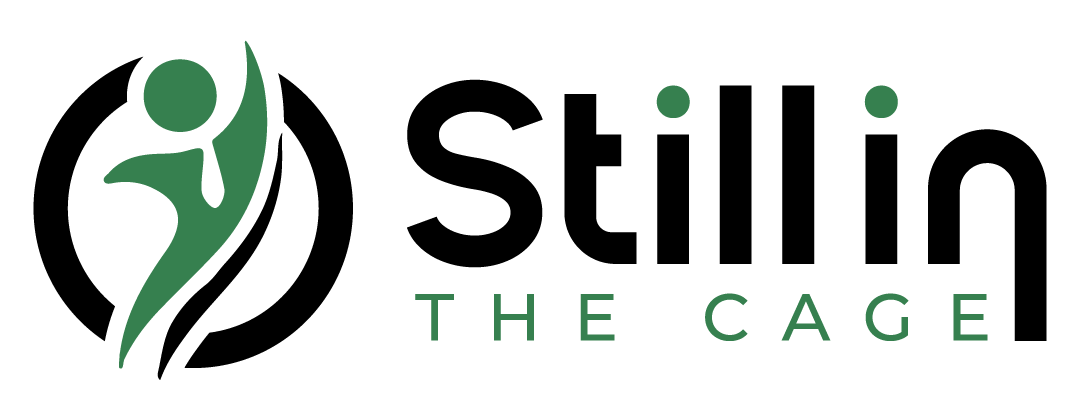Time management is a game-changer when it comes to personal development. We all have the same 24 hours in a day, but how we use them makes all the difference. Without good time management, it’s easy to feel overwhelmed, stressed, and unproductive. On the flip side, when you can manage your time effectively, you can focus on what truly matters—whether it’s working on your goals, improving your skills, or simply taking care of yourself. Time management allows you to get the most out of each day, leading to better results and personal growth.
Time Blocking and Prioritizing Tasks
One of the most effective strategies for managing time is time blocking. This involves setting aside specific chunks of time for different tasks throughout the day. For example, you might block out 9–11 AM for deep work, 11 AM–12 PM for meetings, and 1–3 PM for learning or personal projects. Time blocking helps reduce distractions and ensures you focus on one thing at a time. Prioritizing tasks is just as important. Start by identifying your most important tasks—the ones that will move you closer to your personal development goals—and tackle those first. By prioritizing and scheduling your tasks, you ensure that the most critical work gets done.
The Pomodoro Technique and Other Useful Methods
The Pomodoro Technique is a popular time management method that helps maintain focus and productivity. It involves working for 25-minute intervals (called Pomodoros) followed by a 5-minute break. After four Pomodoros, you take a longer break. This method is great for preventing burnout and maintaining a high level of concentration. Other techniques like the Eisenhower Matrix, which helps you categorize tasks by urgency and importance, can also be helpful. The key is to find a method that works for you and stick with it.
How to Avoid Procrastination and Stay Focused
Procrastination is one of the biggest obstacles to effective time management. To combat it, try breaking large tasks into smaller, manageable steps. This makes the task seem less overwhelming and easier to start. Additionally, minimizing distractions can help you stay focused. Turn off notifications, set up a dedicated workspace, and make sure your environment is conducive to deep work. Lastly, remember that progress is better than perfection. Don’t wait for the perfect moment—start with what you have and improve as you go.











